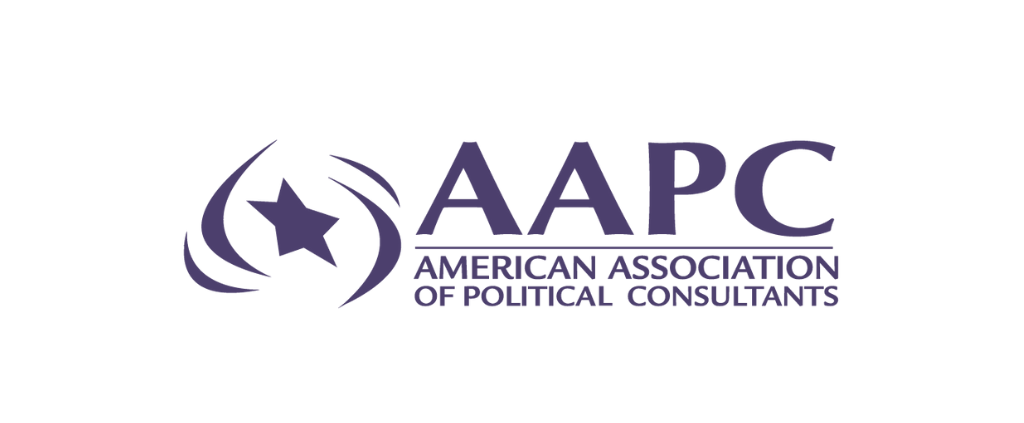FEC Issues No New Rulemaking in the use of AI
September 20, 2024
FEC issues no new rulemaking to regulate or prohibit the use of AI by political campaigns; clarifies that the fraudulent use of AI is already regulated by existing statutes.
Jason Torchinsky and Oliver Roberts
On September 19, 2024, the FEC held an open meeting to address guidance and regulations related to the use of artificial intelligence (AI) in political campaigns. At the meeting, the FEC discussed whether to issue new rulemaking to ban AI “deepfakes” and also discussed two draft documents that it released on September 10, 2024. By a vote of 3 to 1 (with 2 abstentions), the FEC refused to issue new rulemaking to regulate AI “deep fakes.” The FEC then voted to approve the “Draft Notice of Disposition” and the “Draft Interpretive Rule” by a 5-1 vote. The FEC Chairman clarified that the “Draft Interpretive Rule” does not introduce any new regulation or prohibition on the use of AI in political campaigns—rather, it is non-binding guidance clarifying that the fraudulent use of AI is already regulated by existing statutes. The FEC Chairman specifically warned the press against misinterpreting this rule.
Specifically, the “Draft Interpretive Rule” provides “guidance on the scope of 52 U.S.C. 30124, which bars the fraudulent misrepresentation of campaign authority.” The Draft Interpretive Rule clarified that 52 U.S.C. 30124 and 11 CFR 110.16 “apply irrespective of the technology used to conduct fraudulent misrepresentation.” Chairman Cooksey emphasized that “it does not matter whether a regulated person uses any particular form of technology, including AI” because the key legal question is whether the regulated individual acted fraudulently. Importantly, as a Draft Interpretive Rule, this document outlines the “general course of action that the Commission intends to follow,” meaning it does not constitute an official agency action nor carry the force of law. The FEC approved the Draft Interpretive Rule by a 5-1 vote.
The “Draft Notice of Disposition” indicates that the FEC disposed of a prior Petition for Rulemaking filed on July 13, 2023, by a public citizen. The Petition requested that the FEC issue rulemaking “to clarify that the law against ‘fraudulent misrepresentation’ (52 U.S.C. 30124) applies to deliberately deceptive AI produced content in campaign communications.” On August 16, 2023, the FEC had published a Notice of Availability seeking public comment on the Petition. After the public comment period, the FEC decided not to pursue rulemaking in response to the Petition because “[t]he statute . . . is technology neutral and applies on its face to all means of accomplishing the specified fraud, including AI-assisted media.” The FEC’s guidance on this statute was later clarified in the “Draft Interpretive Rule,” discussed above. The FEC approved the Draft Notice of Disposition by a 5-1 vote.
Jason Torchinsky is a partner at Holtzman Vogel Baran Torchinsky Josefiak PLLC (“HVBTJ”) and specializes in campaign finance and election law. Oliver Roberts is an attorney at HVBTJ and specializes in regulatory and artificial intelligence matters.

